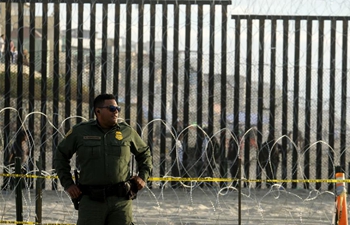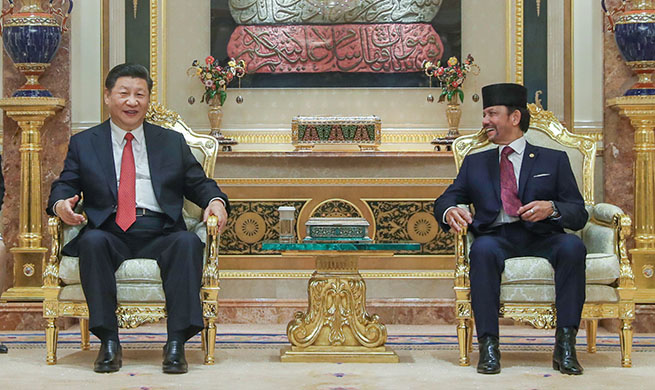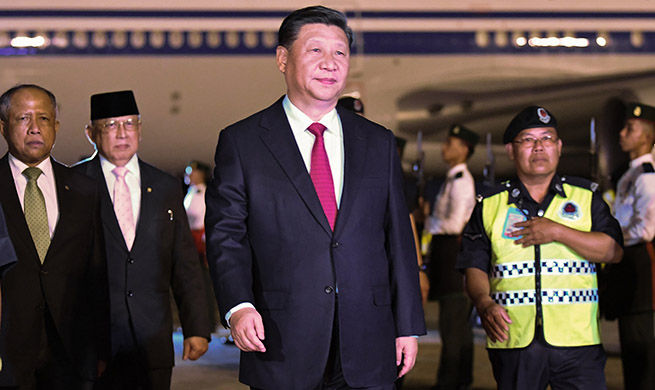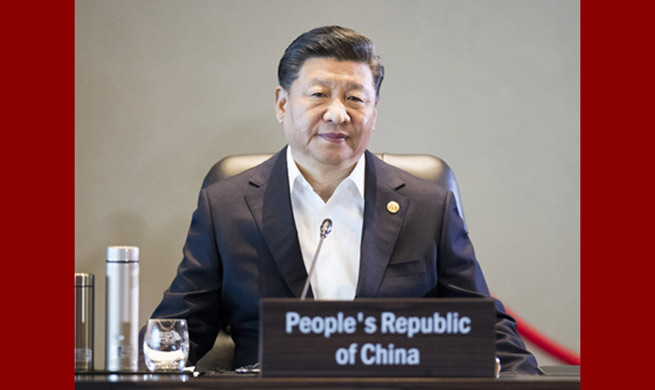BUDAPEST, Nov. 20 (Xinhua) -- The Hungarian government gave its first explanation on why it was reluctant to sign the agreement with the U.S. state of New York, enabling the Central European University (CEU) to continue its activity in Budapest, official sources revealed here on Tuesday.
"The Hungarian law requires foreign universities operating in Hungary to have campus in both Hungary and their home country," Peter Szijjarto, Minister of Foreign Affairs and Trade, was quoted by the government website.
"In the case of the CEU, for the time being, we do not see it as proven," he added.
CEU started activities as required by the Hungarian law on education at Bard College, and the State of New York (United States) has already signed the cooperation agreement testifying that CEU had activities in the State of New York, as requested by the Hungarian government.
"I do not know that there is a mandate in preparation for me to sign a new agreement on cooperation in higher education," he said, adding that he had recently already signed three similar agreements, two with American, and one with a Chinese institution.
In April 2017, the Hungarian government re-regulated foreign institutes of higher education operating in Hungary. The new law required an international treaty with the government of the home country of a university operating in Hungary.
Hungarian Prime Minister Viktor Orban said several times that the future of CEU depended on talks and an accord between the American and Hungarian governments.
CEU rector, Canadian national Michael Ignatieff, has said the bill was aimed directly against CEU, and started preparations to move the headquarters of the University from Budapest to neighboring Austrian capital city of Vienna.
CEU was founded in 1991 by Hungary-born American billionaire George Soros, and based first in Prague and later in Budapest.
Soros is seen as an enemy of the Hungarian government, accused by the latter to organize waves of massive migration from the Middle East to Europe.
CEU delivers both American and Hungarian diplomas. It currently has approximately 1,400 students and 370 faculty members from more than 130 countries.
A few weeks ago, CEU announced that if the Hungarian government refused to sign the agreement by Dec. 1, they would be forced to move to Vienna.
On Sunday, Soros met with Austrian Chancellor Sebastian Kurz in order to discuss the details of the University that Austria would be glad to welcome.
Several demonstrations were organized by supporters of CEU in Hungary last year, drawing tens of thousands of people, but two recent demonstrations two weeks ago and last Friday failed to attract masses, only a few hundred people showed up.













